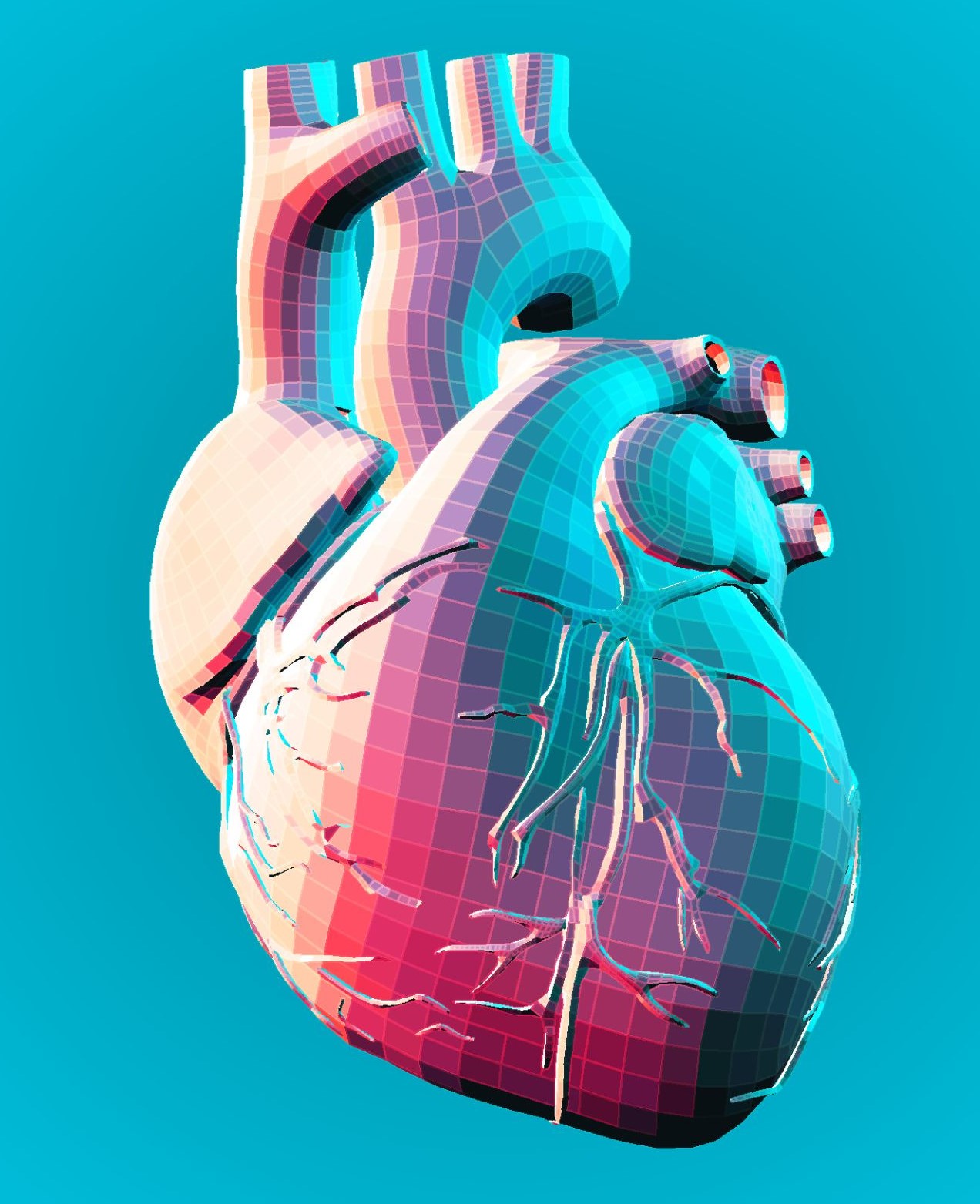This week we are taking a look at some ailments that can directly or indirectly affect heart function. There are many extremely common conditions, which, depending on severity, can range from insignificant to potentially fatal disorders.
Patient history is just as important as objective testing when it comes to cardiac patients. This is because many cardiac disorders have a heritable basis.
Arterial Hypertension
Hypertension is, in layman’s terms, high blood pressure. Blood pressure is the force of blood pushing against the walls of the arteries. Each time the heart beats, it pumps out blood into the arteries. Blood pressure is highest when the heart beats, pumping the blood. This is called systolic pressure. When the heart is at rest, between beats, blood pressure falls. This is the diastolic pressure. To be diagnosed with hypertension a patient has to have sustaining elevation of resting systolic blood pressure 140 mmHg, diastolic blood pressure 90 mmHg, or both.
Aetiology and Prevalence
According to statistics provided by the Australian Institute of Health and Welfare, the number of Australians diagnosed with hypertension for the year 2004 – 2005 was 2,100,700. Causes include:
- bad diet – build up of fat deposits in the arteries can reduce the space for blood flow making the heart work harder;
- alcohol – during consumption of alcohol, blood pressure can become elevated. Calorie intake increases leading to weight gain which subsequently causes an increase in blood pressure; and
- stress – causes temporary rises in blood pressure, prolonged stress means prolonged elevated blood pressure.
Prognosis
If left unchecked the effects of hypertension can be multi systemic, meaning many organs and body systems can be affected. Stroke, heart failure and kidney damage are just some of the conditions that can occur as a direct result of hypertension. Although there is no miracle cure, hypertension can be reduced by taking simple life style improving steps such as regular exercise, healthy diet and reducing smoking and alcohol consumption (easier said than done, I hear you). Sometimes medication is required but as long as the affected individual takes positive steps to reduce blood pressure, then prognosis will be improved.
Cardiac Arrhythmia
The heart normally beats in a regular way under the coordination of electrical impulses. A cardiac arrhythmia means there is a disturbance to the regular heart rhythm. This can range from benign to potentially fatal.
There are many different types of arrhythmia, usually classified according to the origin of the irregularity. The patient may become tachycardic, increase in heart rate, or bradycardic, decrease in heart rate.
Aetiology and Prevalence
Arrhythmias may be caused by many different factors, including:
- coronary artery disease;
- electrolyte imbalances in your blood, such as sodium or potassium;
- changes in your heart muscle;
- injury from a heart attack; and
- healing process after heart surgery.
Irregular heart rhythms can also occur in “normal, healthy” hearts. The causal factor changes the electrical impulses produced in the heart. Some people actually feel their arrhythmia, in others, there are no symptoms at all. It is estimated about 1 in every 18 people have an arrhythmia, however, many people may go through life never knowing they have one.
Prognosis
In the absence of structural heart disease, benign arrhythmias have been shown to have an excellent prognosis.Treatments may include physical manoeuvres, medications, electricity conversion, or electro or Cryocautery (insertion of fine probes into vessels to map and accurately pin point abnormal areas of conduction and then destroy them with heat, cold or electrical laser probes). Sudden arrhythmic death syndrome is the other side of the coin, where structural damage to the heart is not present, but the person suddenly dies. This is most commonly caused by coronary artery disease, but also by viral infection.
Arteriosclerosis
Arteriosclerosis is thickening and loss of elasticity in the arterial walls, caused by plaque formation. Plaque is a sticky substance made up of fat, cholesterol, calcium, and other substances found in the blood. Over time, plaque hardens and narrows your arteries. This limits the flow of oxygen rich blood to your body and can lead to serious problems such as arterial disease within your heart or the peripheral arteries.
Aetiology
The causes of arteriosclerosis are well documented as it is such a common condition. Hypertension can be both a product and cause of arteriosclerosis. High cholesterol can attribute to the deposits, as can smoking and lack of exercise. Again, hereditary factors play a large part in development of this condition.
Prognosis
If arteriosclerosis is left untreated it can be fatal by leading to a stroke or heart attack (where the coronary arteries are affected.) As with many other cardiac diseases or disorders, prognosis can be almost immediately improved with positive lifestyle changes, such as commencing an exercise regime. Dietary fats should definitely be kept to a minimum.

